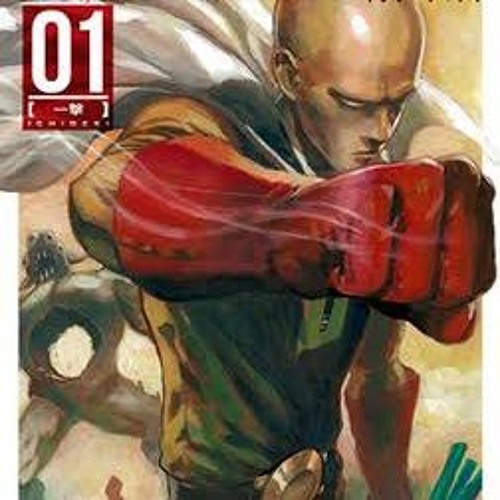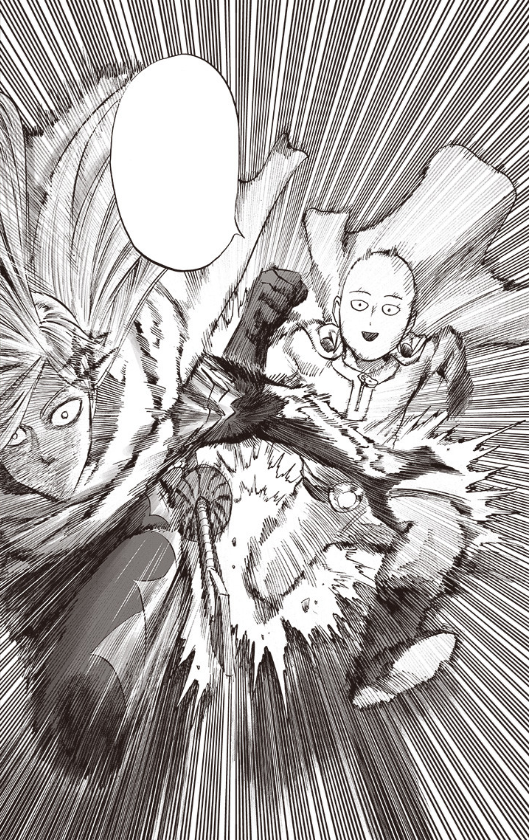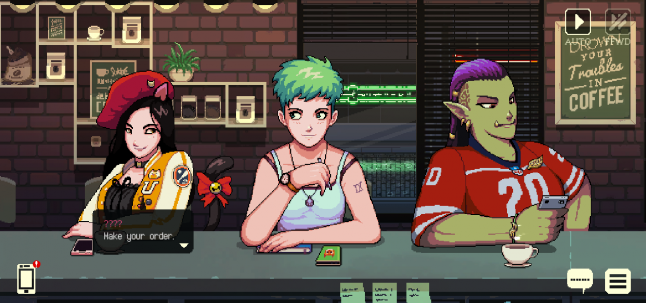

It was his mum’s idea for him to try out for The X Factor, though it took three attempts to get through to the televised auditions. ‘I think One Direction was too magical for all of us to never do it again’ “I didn’t want to short-change the customer,” he explains. “It all started because there was a McDonald’s over the road and I wanted money for my lunch.” His trick was to hand customers two boxes of popcorn but only put one through the system and put the money for the second in his pocket. An extra wage? “As in taking a few quid from the till,” he says with a grin.

There, he tells me unexpectedly, he was earning “an extra wage”. Another yielded a stint at a well-known cinema chain dispensing popcorn. One summer was spent as a waiter at his beloved football club, Doncaster Rovers. Before auditioning on The X Factor, he did a string of jobs at weekends and in school holidays for some extra cash. He wasn’t good academically at school but enjoyed performing and, for a while, toyed with being an actor. Being in One Direction made me realise I’m not always the coolest kid in the room”. The eldest of seven siblings, as a child Tomlinson says he was “well-mannered but a bit of a show-off. “That’s something I’m really f***ing proud of,” he says. “I would wonder, ‘What difference would it make if I was there or if I wasn’t?’ Under the spotlight that was difficult, but that’s what gave me the fire in the belly to get right into it.” It was through songwriting that he found his place and his confidence – he has writing credits on 37 One Direction songs, more than anyone else in the band. Still, he says, the initial 18 months were hard as he struggled to see his value within the band.

Although you might complain about it, none of us said, ‘No we don’t wanna do that.’ We were just in it. It’s that feeling of heightened emotion and every day being manically busy, and the hysteria.

“We rose to fame pretty quick and, because of that, we had some power and some say within the record label and with management.” The sheer pace and drama of their day-to-day existence was, he says, “like a drug. “We were always in control of our destiny,” he explains. But even with the fan fervour, the police escorts and the nonstop media glare, he says he wouldn’t change anything. Tomlinson has had four years to digest his time in One Direction which I note, from the outside, looked a bit like being held hostage. So it took a second to understand that I could get away with completely being myself, even though I can sometimes be a bit of a dickhead.” “No one was saying ‘Don’t do that’, but there was the of being role models. Tomlinson says the face he presents to the public and journalists these days is fully unfiltered, a change from his One Direction days when he had to be careful not to cause inadvertent upset within the band or with fans. Let the record show that he spoke to Liam two days ago he and Niall exchanged texts a fortnight ago and Harry sent him a congratulatory message when he released his last single. But he says they are frequently in touch, which must be something people ask a lot since, entirely unbidden, he gives me a breakdown of their recent activities. They don’t, he replies, “and we should, but we’ve never got around to it”. I ask if he and his ex-bandmates have a WhatsApp group. But he rejects the suggestion that they are all in competition, remarking, “I don’t like to look at it that way.” “A good two years treading water and trying to work out exactly what my sound was, and what I was capable of.” Clearly, One Direction, who sold 50 million albums, are a tough act to follow, though Tomlinson has also had to contend with his former colleagues putting out solo work before him (Harry Styles is already on his second LP, while Zayn Malik, Niall Horan and Liam Payne have all released debuts). He puts the album’s long gestation down to creative insecurity.


 0 kommentar(er)
0 kommentar(er)
